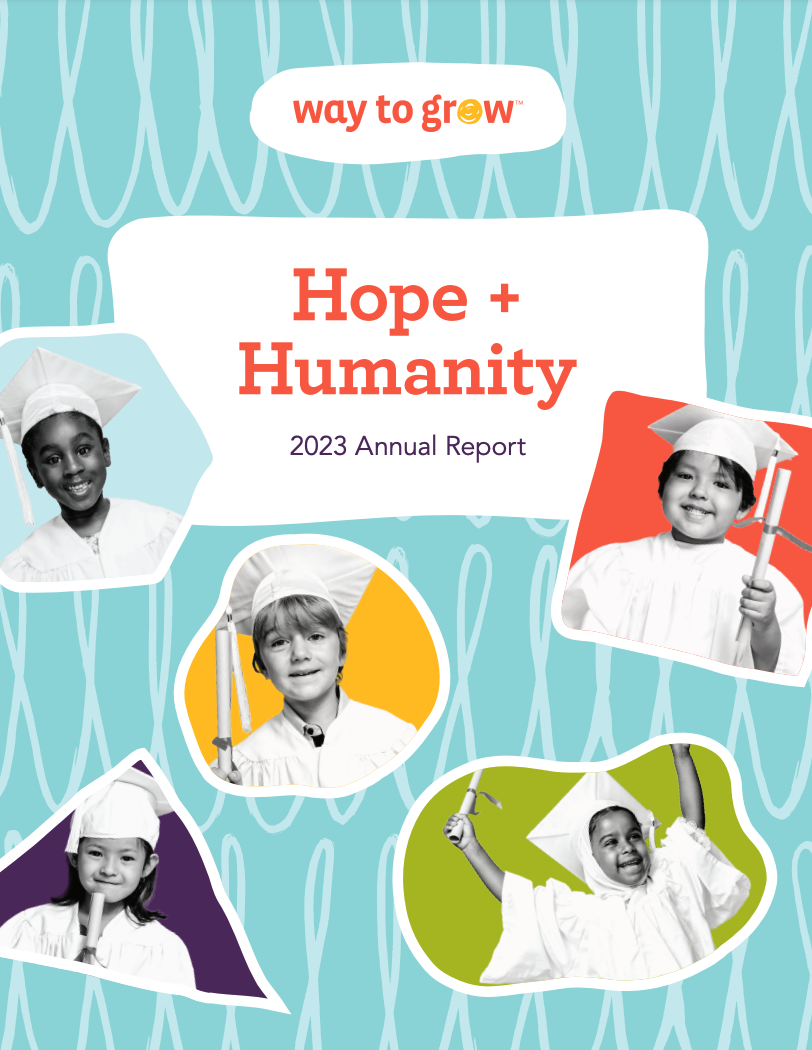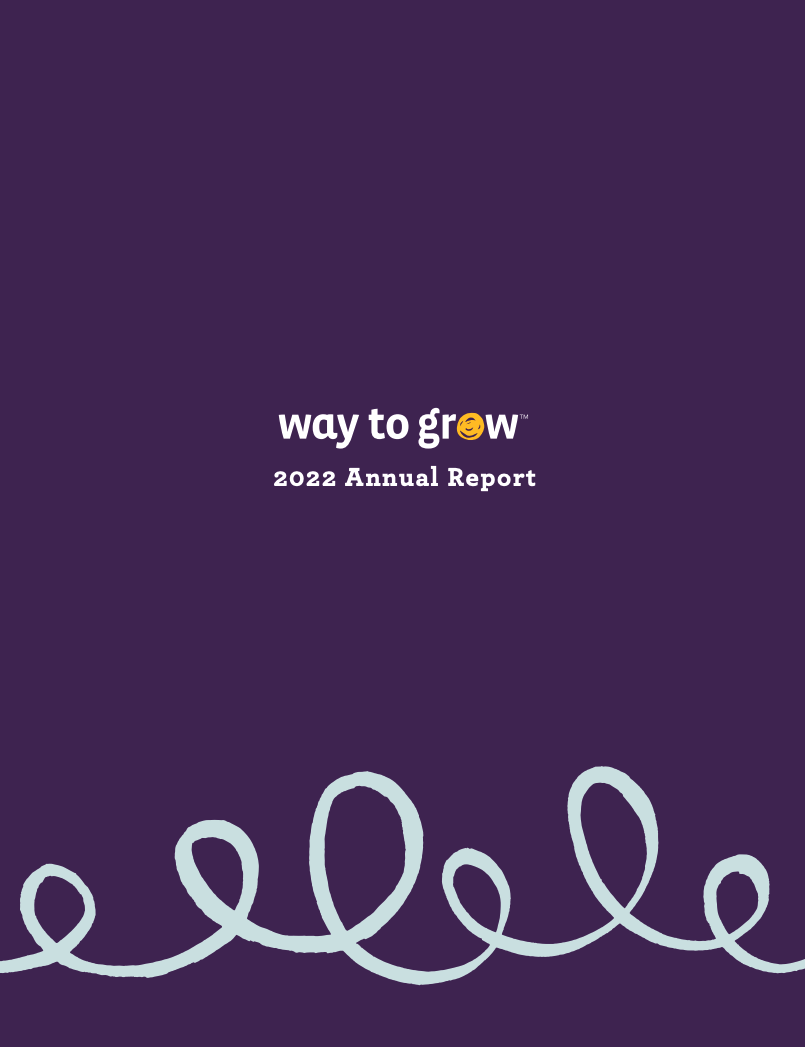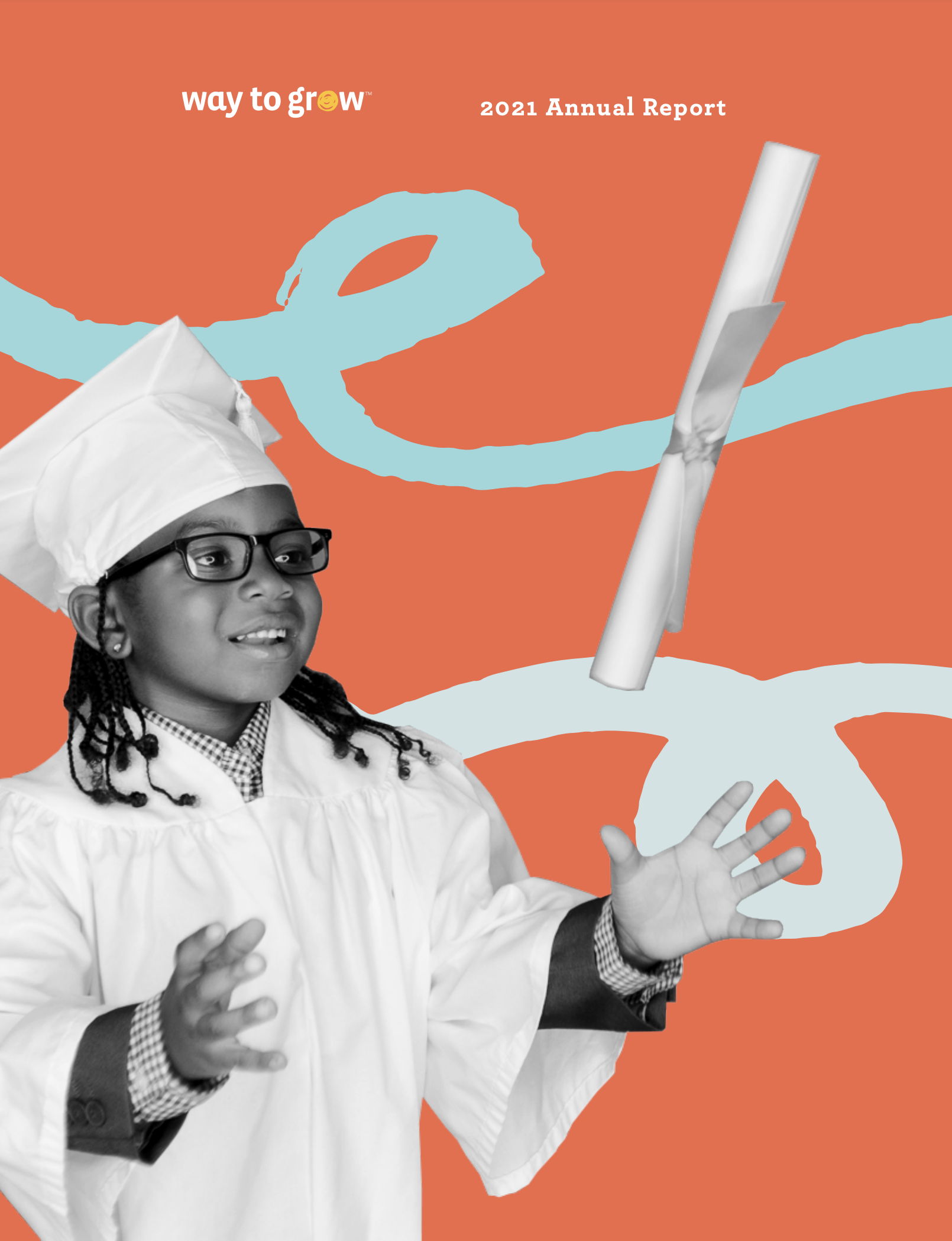
We must work together to close Minnesota's opportunity gap.
While Minnesota is a leader in education, we face one of the largest opportunity gaps in the country. To eliminate the educational disparities we face in our community, we must work together. Through the collective work of our staff, community partners, and volunteers, we help stabilize families, build networks of services, and prepare children for school across our community.
Alongside our neighbors, we continue to work toward eliminating barriers to early education in our community. For three decades, we have encouraged scholars, empowered parent champions, and strengthened families. Together, we can ensure every child has an equal opportunity to succeed in school and life.
A Catalyst for Change
The work of Way to Grow goes beyond one child’s early education journey—it deeply impacts the stability of the entire family and shapes the vitality of our community. We know that by investing in early education, our community will see fewer future dropouts, lower incarceration rates, higher lifetime incomes, and generational shifts that will lift families out of poverty.
We’re here to walk alongside families as they navigate systemic barriers. And, it’s working! Analysis by the Constellation Fund in 2022 showed that for every dollar invested in Way to Grow, over $9.27 of impact is generated in our community toward reducing poverty. This study shows what we’ve known for years—a strong start for our children is a catalyst for change for the whole community.
A deeper look at the Constellation Fund report
A Return on Investment
In 2022, Way to Grow received a Quantitative Analysis of its programming conducted by The Constellation Fund. Constellation calculates the value of poverty-fighting benefits that accrue to program participants at or below 185% of the federal poverty guideline. The primary two measurables are lifetime improvements to health and income.
The result? Way to Grow’s home visiting program generates $9.27 in benefits for every dollar invested. The primary source of benefits comes from the direct effects of home visiting on high school graduation rates, which accounts for over 90 percent of the total benefits. Additional indirect benefits come from improvements to children’s health and reduced likelihood of child neglect as well as indirect educational and health benefits to mothers including health benefits associated with prenatal care.
Early Childhood
88% of Way to Grow children were prepared for kindergarten.
Elementary
80% of K–3 students demonstrated growth in reading level assessments.
Parent Engagement
91% of parents attended at least one parent-teacher conference during the last school year.
Health Education
100% of newborns were born at or above healthy birth weight.
Literacy Support
72% of parents read to their children 3x or more per week.
Annual Reports
"We are living history. It's not comfortable, but it's important to think through how you will step up during this time ."
Doug Baker, Chairman and Former CEO, Ecolab
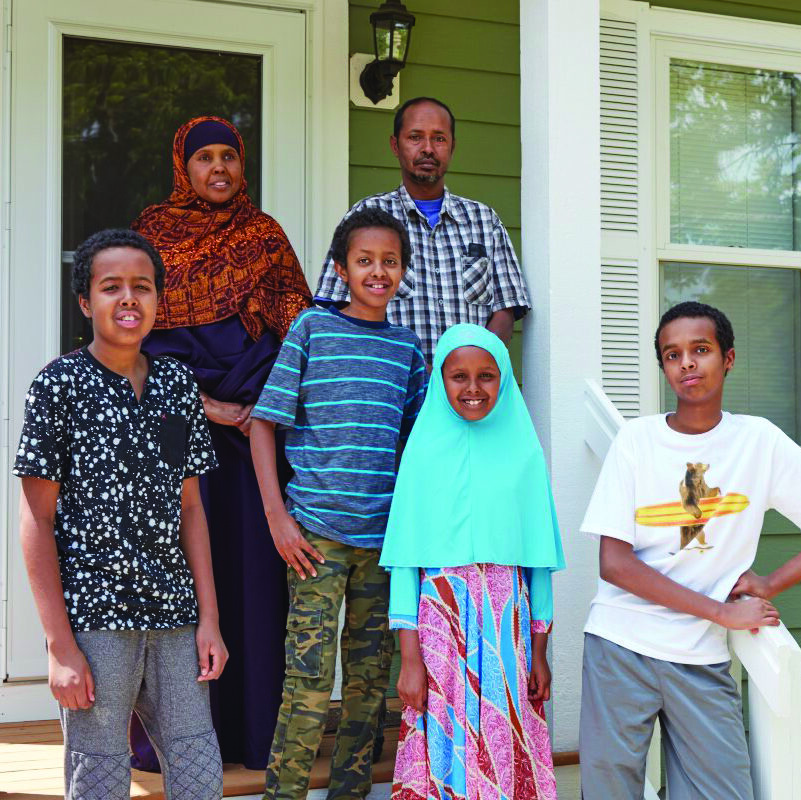
Strengthening Community
“We began telling others in our community about Way to Grow the same way our neighbor had shared the word about the organization with us. It is such a great program, and our community needs it,” explains Hassan. His family was served by Way to Grow for 12 years, during which time he completed a degree at Metropolitan State University and went on to become a high school math teacher!
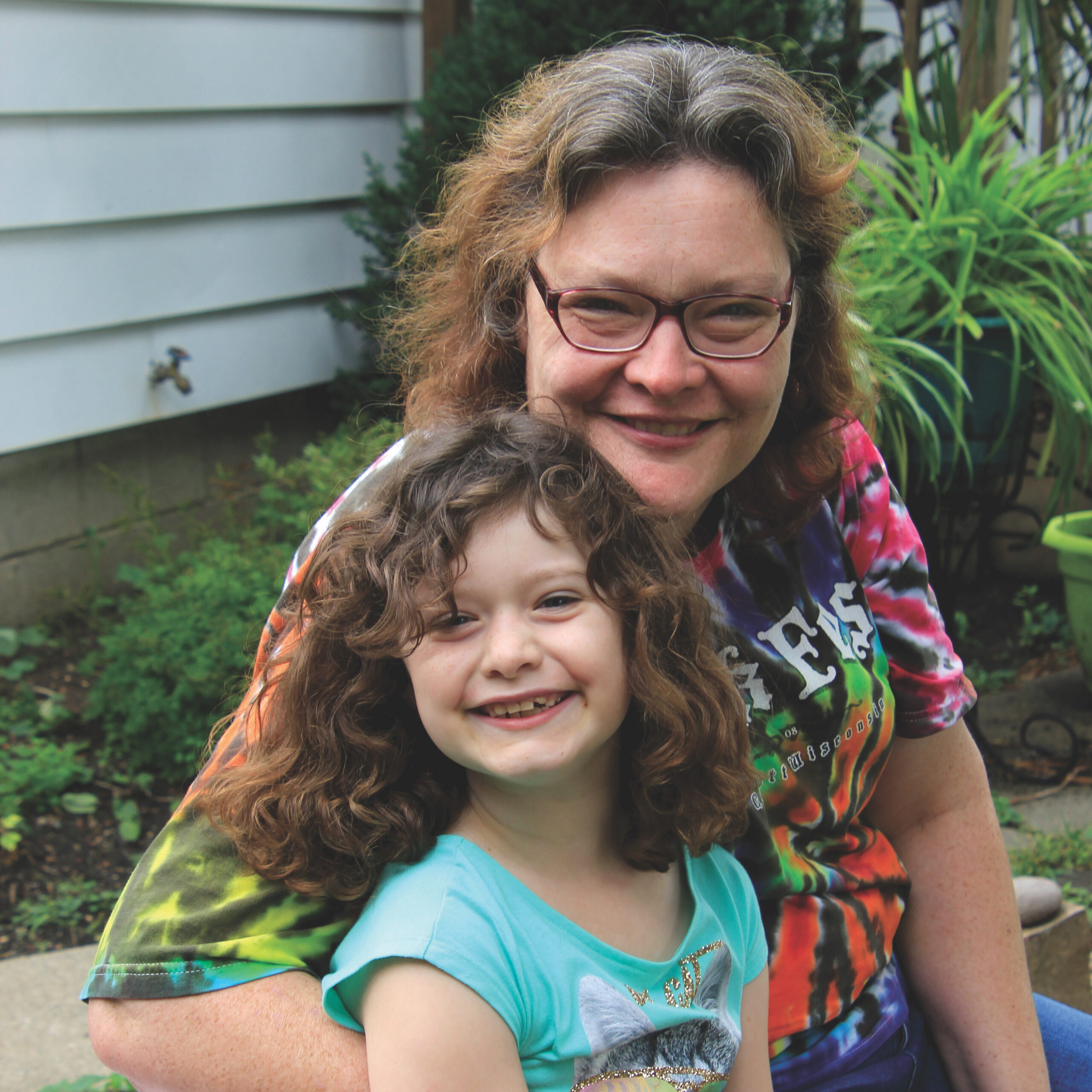
Uplifting Families
Reflecting on her time with Way to Grow, Deborah realized that Patty was not the only one growing these past few years. By attending education and advocacy events, Deborah has expanded her own social skills, increased her confidence, and has become one of Way to Grow’s most active parent champions.
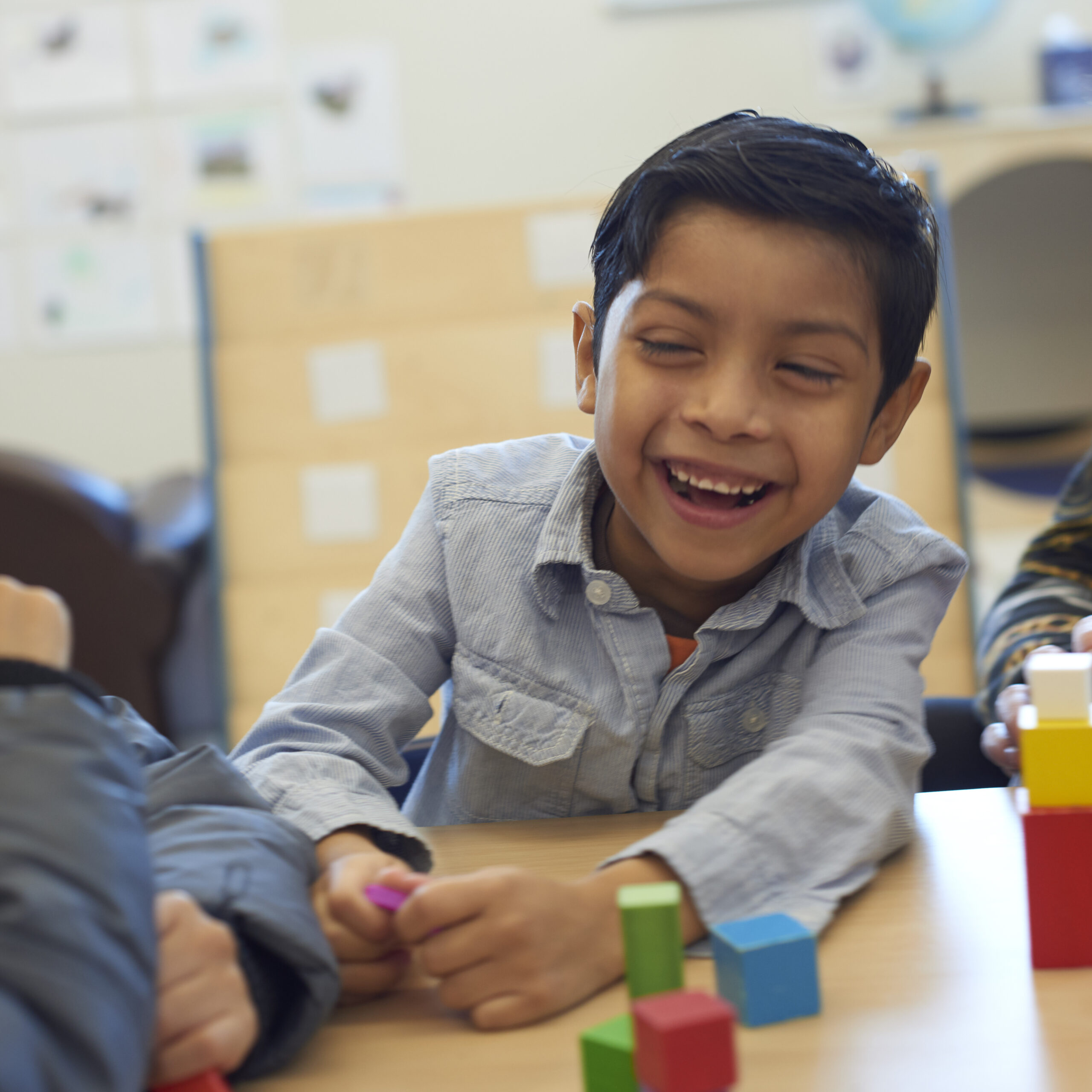
Touching Lives
Way to Grow’s preschool classroom is a haven for fun, growth, and social interaction. Yet while the other children happily played and learned together, Daniel struggled to communicate and connect. Determined to help this new preschooler grow to his full potential, his teacher Ashley made sure every day was treated as an opportunity for growth.
By utilizing a picture communication system combined with speech therapy, over the course of many months, Daniel learned how to communicate and convey his thoughts and needs. “In time, he relied on me to self-regulate his behavior, and eventually he was able to do it himself!” Ashley explains.



